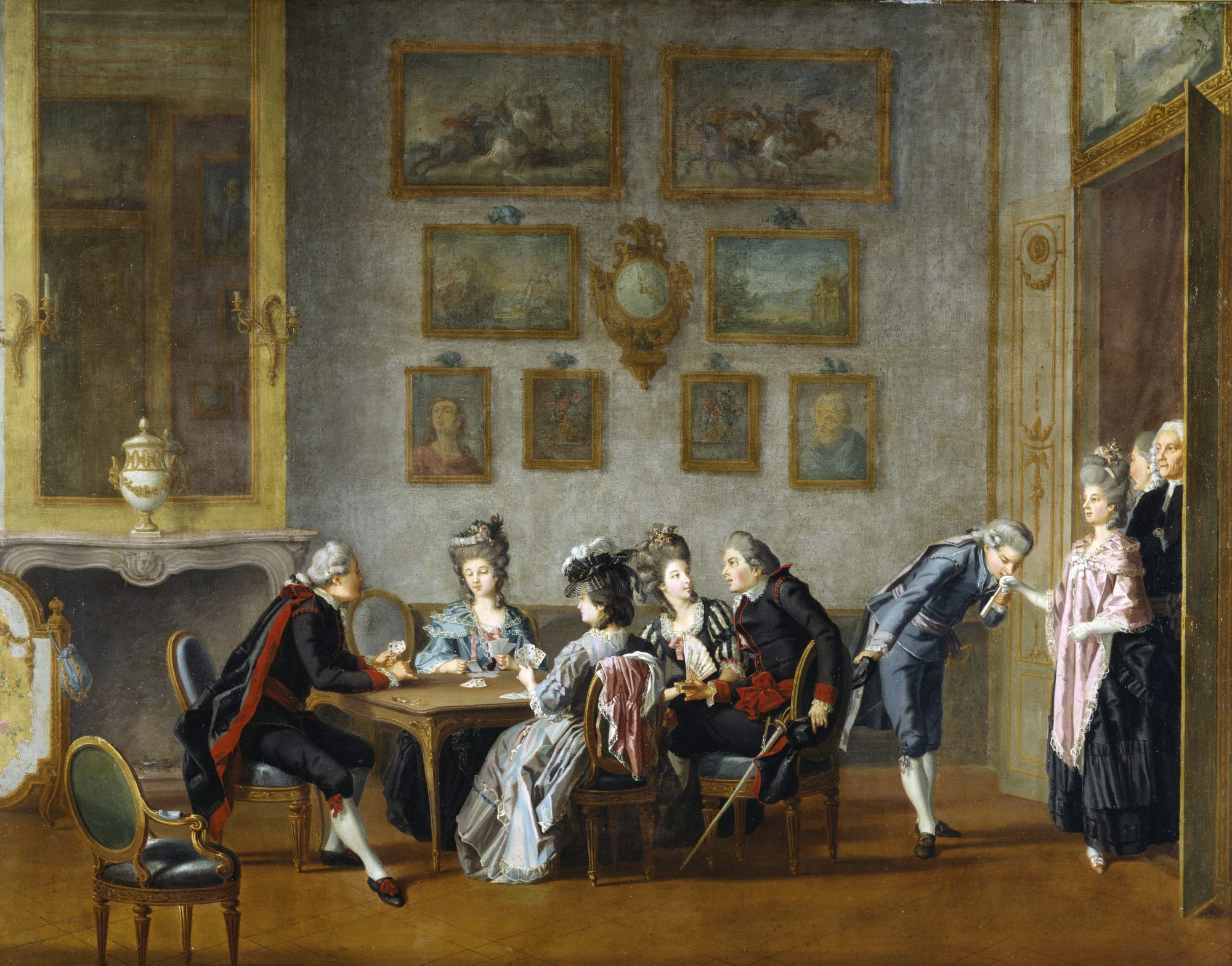Call for Papers | 4th Nordic Conference for Eighteenth-Century Studies
1700-talet och Norden – The Eighteenth Century and the North
Åbo Akademi University, Finland, 20–22 August 2026
The Finnish Society for Eighteenth-Century Studies will host the fourth Nordic conference for eighteenth-century studies in Turku 20–22 August 2026. We invite proposals for papers and sessions dealing with any aspect of the long eighteenth century, both in the present-day Nordic countries and the wider world, as well as, more specifically, with the topic of the 2026 conference, ‘The Eighteenth Century and the North’. Through its main theme, the conference will address Scandinavia, the Baltic Sea region and Northern Europe from a broader European and global perspective. How was the North experienced and imagined from within or further away? Or, conversely, which new perspectives arise if European and global phenomena are viewed from a northern perspective? Topics of interest include but are not limited to:
* Transnational and regional perspectives on eighteenth-century phenomena in today’s Nordic countries and/or the historical North
* Connections – commercial, political, intellectual, artistic – between the North and Europe/the global world
* Visions, conceptualizations and images of the North
* Studies situating the North in a broader European or global context
Confirmed keynote speakers:
Professor Sabrina Ebbersmayer (University of Copenhagen)
Associate Professor Ere Nokkala (University of Jyväskylä)
Docent Alfred Sjödin (Karlstad University)
Proposal submission: Proposals of 250-300 words are invited for fully comprised panels of preferably three papers, for roundtable sessions and for individual papers of twenty minutes’ duration. The conference languages are English and Swedish. Abstracts in one of the conference languages should be sent to info@1700.fi by 10 March 2026.
Proposal decisions: Decisions about conference proposals will be communicated via email by 15 March.
Practical information:
* Åbo Akademi University’s Faculty of Human and Social Sciences is located centrally in Turku; the city can be reached via domestic routes by train or bus or internationally by ferry or plane
* The conference is expected to start in the morning of 20 August and end at lunchtime on 22 August 2026
* Preliminary conference fees: 130 EUR, reduced fee (doctoral students) 95 EUR
